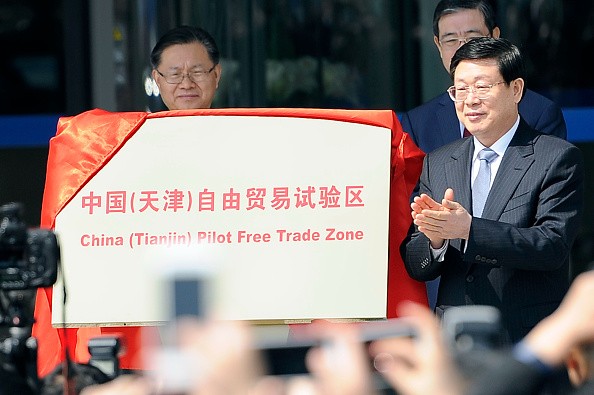Amid a decline in overseas acquisitions by Chinese buyers due to government curb on capital outflows, mergers and acquisitions (M&As) into China by foreign buyers are rising as new rules on foreign direct investment will enable foreign investors to tap on consumer spending.
Data by Reuters showed that inbound M&A deals in 2017 have doubled in number, compared to the same period last year, reaching nearly $7.1 billion and could beat last year's total of $46 billion. On the other hand, outbound deals fell by more than 40 percent to $8.4 billion.
According to Reuters, nearly half of the early M&A deals were in retail and consumer goods, surpassing real estate and financial deals, which were previously the dominant sectors in most inbound M&As.
Leading the trend is Verlinvest, a Belgian investment firm, which has already released about half of the $300 million fund in its venture with state-owned conglomerate China Resources.
Nicholas Cator, who manages the Asia business for the Belgian firm, said that Verlinvest is investing in Western brands which it plans to distribute in China through China Resources.
"We're going to be focusing on those high-growth sectors that are based on consumer trends, like health-related food and beverage products, healthcare, education, cinema or entertainment, or anything linked to kind of cultural production and content," Cator said.
In December, the joint venture bought a stake in Oatly, a Swedish maker of dairy-free products, which it plans to introduce into China. A month earlier, it also acquired a majority stake in Red Sun Enterprise, which runs the senior care homes in Shanghai and Nanjing.
Easier Approval
While it has been difficult for foreign direct investment to get into China in recent years, the government stance has to change with the shift of Chinese economy away from export-led growth toward a consumer-oriented economy.
After trying it out in some free-trade zones, the country's new liberalization program was expanded to the entire country in October.
In addition, the approval system was loosened including the "negative list" of industries that were once off-limits to foreign investors.
"The direction China is going is that for most sectors, provided it's not in the so-called negative list, where there would be additional scrutiny, the process for corporate establishment and changes including share transfers should be simpler," Tracy Wut, M&A partner at law firm Baker McKenzie in Hong Kong, said.
"From the recently amended negative list, there are further relaxations in certain sectors to which the government is trying to encourage foreign investments," Wut added.
As a result, trading in Shenzhen and Shanghai increased as companies related to consumption and services traded 30 times their earnings, compared with similar companies trading in Hong Kong, Reuters reported.



























